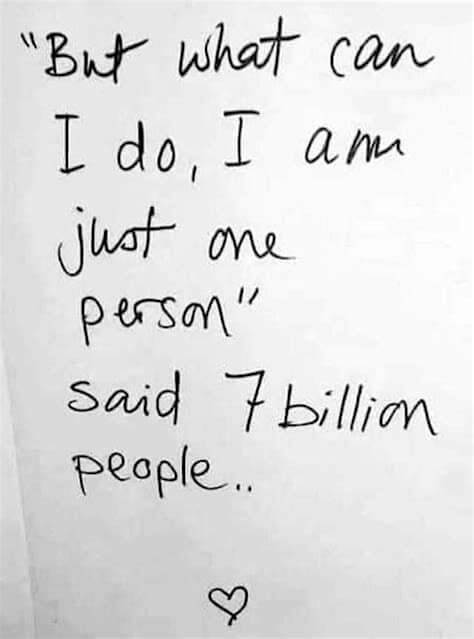Lenin: “The way to crush the bourgeoisie is to grind them between the millstones of taxation and inflation.”
These are damaging times; every day is difficult
The daily spectacle is a shadow play of jokers and demons; it is a permanent burlesque. You are stuffed with images, sordid and opaque.
The rich approve, in a show of piety that costs them nothing. You must watch but can’t say what you think. Are they paid to say that? Do they believe it, or are they just nodding along to get ahead?
There is the growing sense that the meagre store of value you’ve accumulated is losing its worth – losing its worth to buy anything, or to provide any security; the young cannot afford homes or families; the institutions, the civil order on which you have relied are evaporating.
The world has been this way before. It is illuminated, as if from below, by a fragment from Dante, as his protagonist circles slowly towards hell:
“These days, there are choosers and beggars. God is elsewhere.
The rich declare themselves poor: charity is a coat to be worn twice a year.
Did you cling to the things they sold you?
Most of us are not sure if we have too much;
but we’ll take our chances.
Hanging on to hope, when there is no hope.
It’s hard to love. There’s so much to hate.
From behind the door, you call out: “What’s mine is mine! It’s not yours! I may have too much! I’ll take my chances!”
Of course, it’s not the Divine Comedy, it’s a mash-up of Praying for Time, George Michael’s best piece of poetry. It’s still a compelling vision of diminishing times, the anguish of reducing expectations and vanishing safety.
The good news is that you’re not going to be oppressed by the meaninglessness of surplus consumer goods for much longer. Staying behind your front door with what you’ve got is very understandable – we’ve all done it. But it’s a pretty limited strategy now. You may not be interested in the wider world, but it is interested in you. You and your life are its raw materials. Savings? Tax. Pensions? Inflation. Everything that kept you safe was outsourced to people you don’t know, and you are now left with your own resources. It will get to the point where sitting with your stuff is not even going to be an option. If things keep going the way they are, every part of your life will be controlled by the whim of someone for whom you exist, at most, as a number.
Frankly, being a serf now looks worse than it used to. Materially, it might be bearable; there will be stuff in the company shops; and, as any really poor person will tell you, poverty is not the end of everything. Humans are top species on Earth because we are adaptable; there’s a lot of moaning, but we adapt; we pursue meaning in the new circumstances.
What has changed, though, is the vastly increased ability of the powers-that-be to interfere in your life. In previous times, the state had limited powers to monitor the riff-raff all day. The result, effectively, was unregulated space in which you could make a life. What’s new now is the ability of the earthly powers to enforce micro-compliance with their utopian requirements. That is going to be the problem. People will always find a way around hardship, but if the total surveillance arrangements get established, it’s hard to see how we will have any freedom, rich or poor.
That said, history has a lot to say about tough times. Adversity is hard, but it is what humans are evolved for. Psychological adversity can be mastered just like physical hardship. So, if you’re going to be poor, you may as well make the most of it. That means, roughly, social bonds and having something to offer. Rich people can do without reciprocality and co-operating and an honourable reputation. They can get what they need without any of that. For the poor, social bonds are the difference between a life of poverty that can be lived with dignity, and one that is solitary, poor, nasty, brutish, and short.
Facing difficult times together produces meaning and character and connections that will stay with you for the rest of your life. So that’s where to start, whether it is making your own bread or brewing your own beer; learning to fix things, or how to listen well to someone else; organising wholesale group buying; buying from shops where you’re on first name terms with the people who run it; exchanging skills and repairs; or simply being together to make a threatening world more bearable.
That’s where to start, whilst you’re waiting for the government to stand up for you, like it hasn’t done in living memory.
See also:
- “You will own nothing, and you will be happy”
- Monks and Nuns Are the Only Ones Who ‘Own Nothing and Are Happy’
- FREE instant download: Stop Them!
- How to Avoid Digital Slavery

